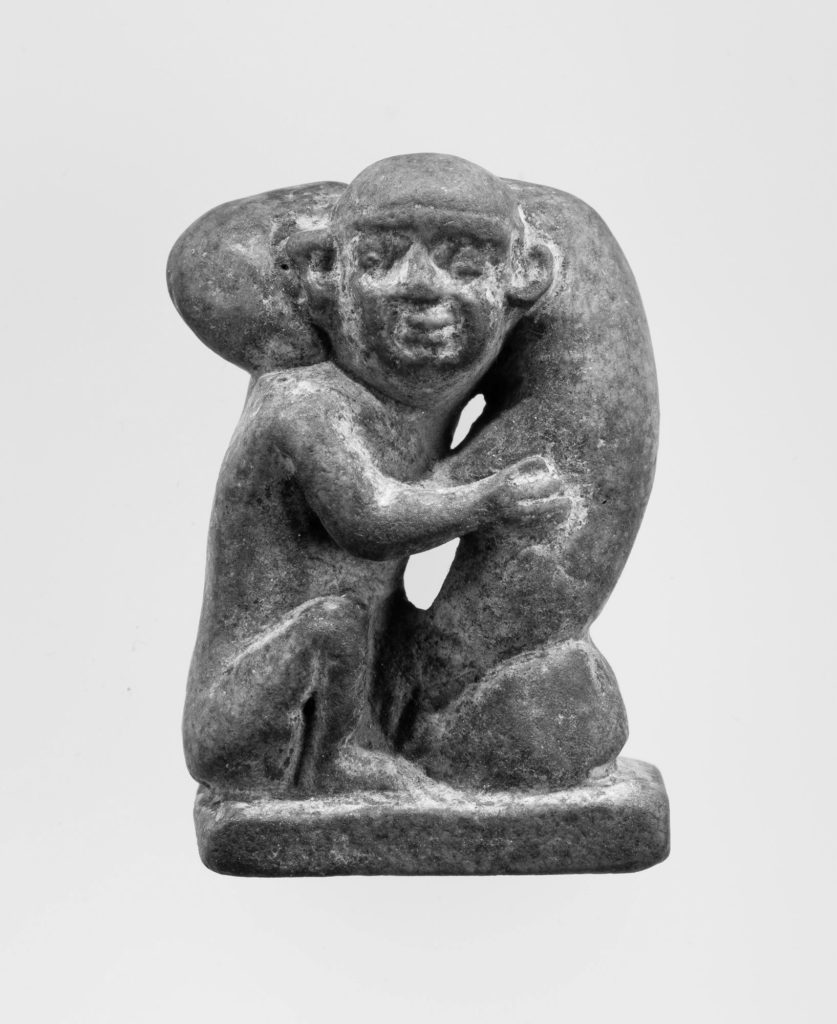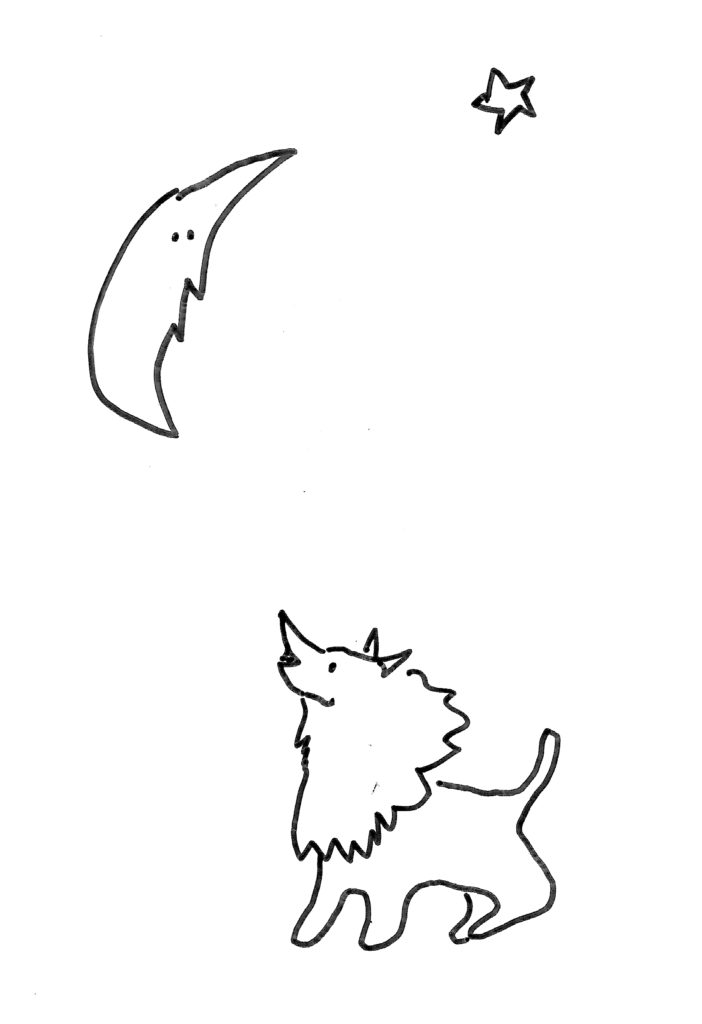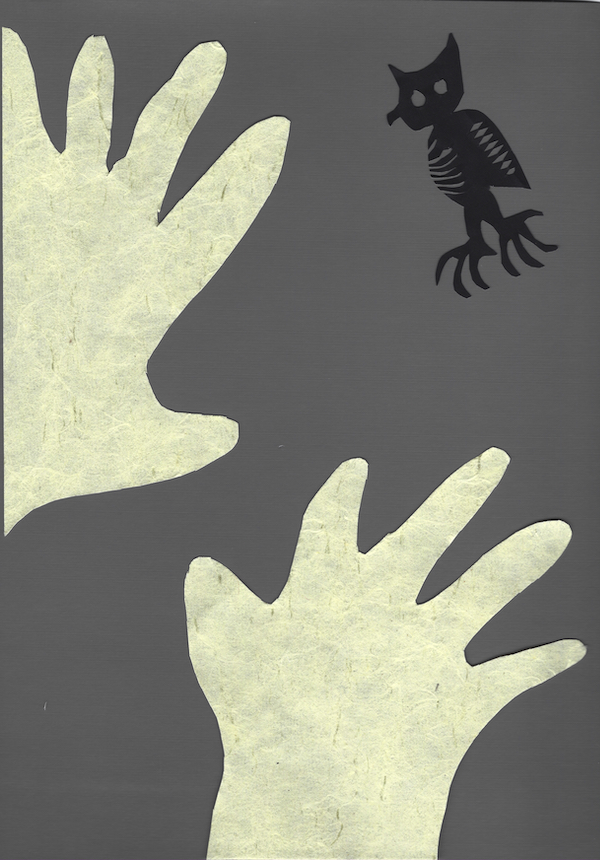
I have a bookshelf where I keep the most ruthless of books, the books where writers have written unflinchingly, and Faw’s novel Ultraluminous has a place of honor there.
Reading Ultraluminous is like being thrown into a tornado of dissonance that resolves in a morally ambiguous and yet somehow completely satisfying way. I imagine it takes quite a lot out of a writer, to write so ruthlessly. It’s a disturbing book, and it breaks so many taboos, and part of what i love about it is that it proves to me that words still retain the power to shock.
This is a book written for women, by a woman, and its conclusions are bleak. I feel happy for the men who can read it and enjoy it but in some ways this novel feels more than anything like a #me-too reflection, where the male-on-female abuse is dialed up to its last possible ear-splitting amplitude. Throughout the novel the reader is invited, by the narrative tone, to consider the protagonist an empowered woman, a sex industry worker at the top of her game, even as she is being demeaned and abused in every way possible. It’s okay to her if her johns break a finger or blacks an eye because they pay her extra for it. She comes across as the one in control. Her bravura was seductive to me as a reader. I could easily fall into the notion of her as heroic. I could talk myself into thinking she is in charge of her own life, making big money and living the good life even as she is dehumanized in every possible way.
The violence and objectification that the protagonist experiences don’t escalate from start to finish so I’ve been trying to puzzle through why it reads like a thriller. It could be because the protagonist is trapped in a repeating space where the most horrible objectifications become mind-numbing routine, and as a reader you know this level of nihilism can’t go on forever; that this level of sexual violence eventually won’t stick to a schedule and will begin to bleed out in unexpected ways. So you’re just waiting for some wire to trip. For something to change the equilibrium. It’s a hellish stasis, where the repetition of the protagonist’s scheduled weekly meetings with men becomes a terribly tense read.
Even though the nihilism in the novel is relentless, and even though neither the protagonist nor the author ever gives any hints about what we readers are meant to think about any of it, the novel somehow left me feeling uplifted and hopeful. I’m still trying to work out why. In the meantime though I’m a fan of Katherine Faw, and I’m happy I read her brave relentless and very risky book.
Over the next few weeks I’ll be posting about other novels that similarly took my breath away. Maybe it’s more accurate to say they metaphorically garroted me. Whatever you call it, it’s amazing and wonderful to me that words on the page still have the power to evoke such raw feelings, and I’m grateful to the writers who are brave enough to take us there.
Here are more of my reviews on Goodreads and
Here is a forum where you’re welcome to come join us and talk about contemporary literary fiction.





























